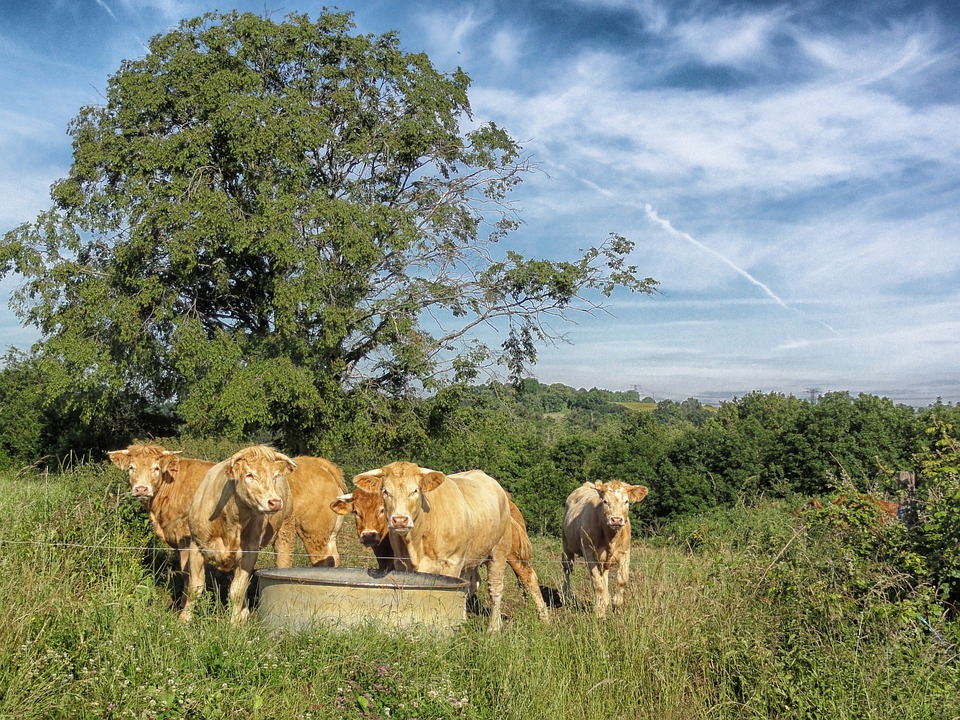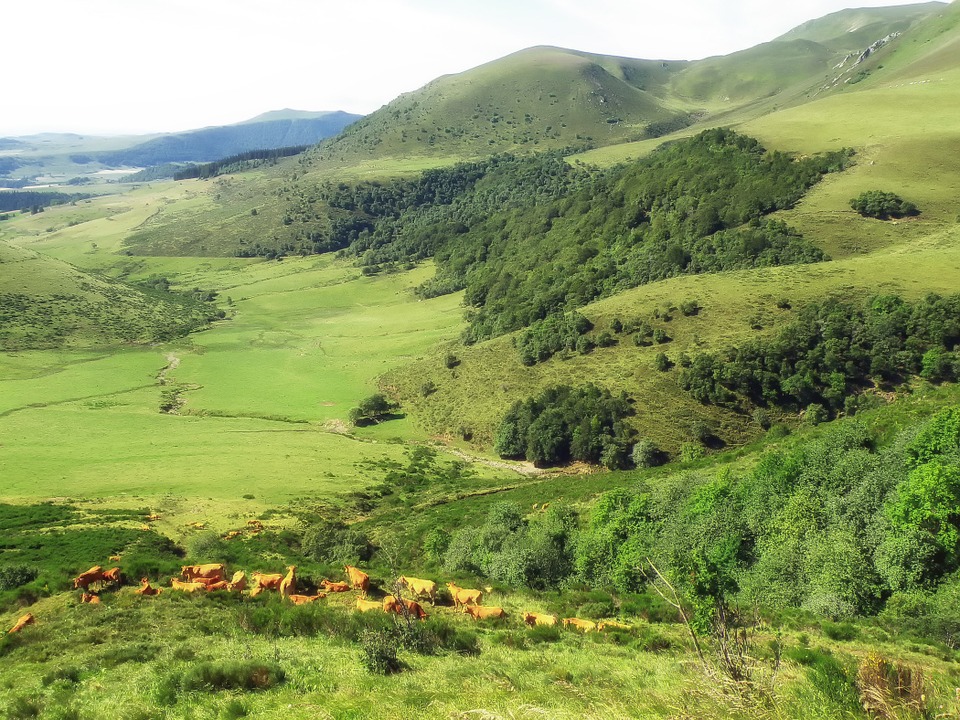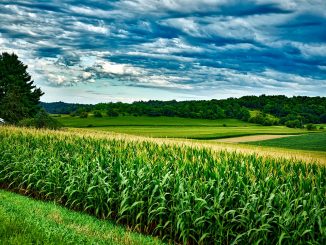The platform Pour une autre PAC (For Another Common Agricultural Policy) is a French inter-association body created for a common reflection and action regarding the reform of the Common Agricultural Policy. In this exclusive for ARC2020, platform coordinator Auréile Catallo introduces its history, its composition and its functioning. Part two will present its position on the French Ministry of Agriculture stance and on the current CAP Communication. Part three will outline the platform’s position in more detail.
What is Pour une autre PAC?
By Auréile Catallo
The platform Pour une autre PAC is not about specific issues – its about making impacts on overall policy. Platform members can but push for as much coherence as possible in the framing of public agri-food and rural policies, and help raise awareness and concern among all citizens. Hence the platform is about linking and harmonizing the CAP with related issues, whether affecting it or affected by it. These include agriculture; food; public health; environment; rural and territorial development; animal welfare; public budgets and money; international trade; and broader socio-economic imperatives.
Members of the platform want to see a complete reform of the current Common Agricultural Policy, favouring an integrated approach to the CAP, aligning it with sustainability goals including food sovereignty, animal welfare, a fair treatment of farmers in developing countries as well as rural development and environment preservation and regeneration.
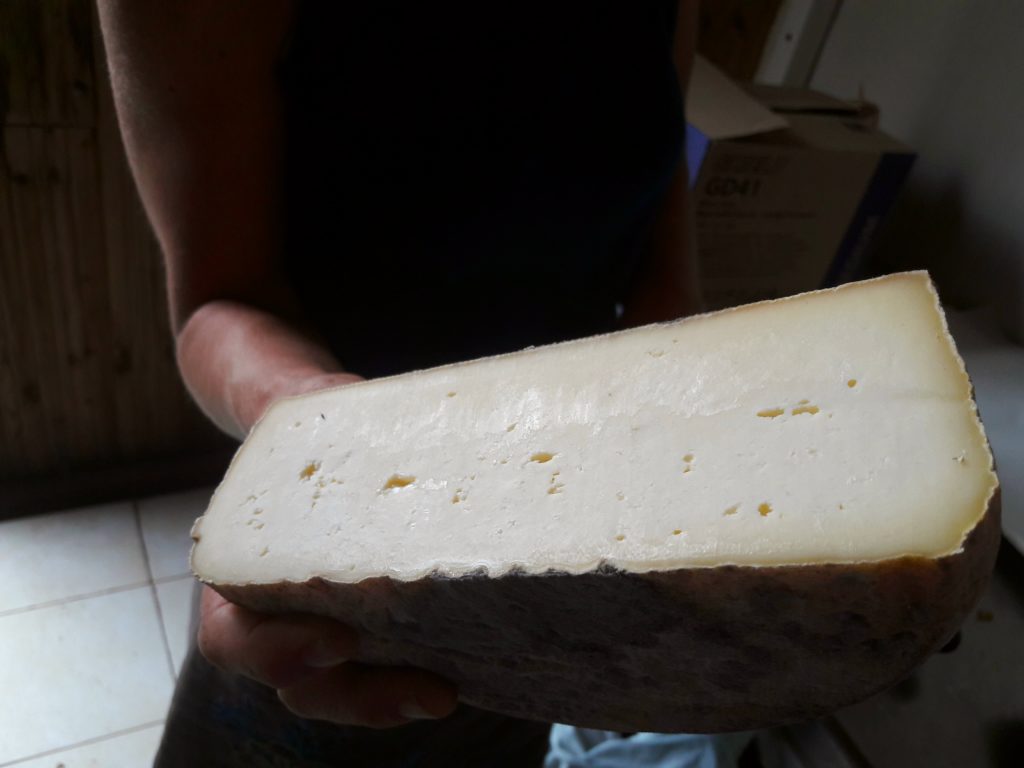
Pour une autre PAC leads and coordinates collective work articulated around three axes:
- Forum i.e. encouraging communication and engagement between the non-for-profit stakeholders in CAP-related topics: (1) building, adjusting and consolidating internal cohesion, including the goals, political orientations and strategy; (2) favoring the exchange of information between members as well as between European partners; (3) encouraging complementarity within the platform and between it and European partners.
- Lobbying i.e. promote an ambitious reform of the CAP towards more sustainability, justice, and coherence: (1) making sure that the ideas Pour une autre PAC promotes are taken into account in the next CAP and in the French implementation processes; (2) enhancing the role civil society plays in political discussions around the CAP; (3) favouring inter-ministerial cooperation in the definition of the French position regarding the CAP.
- Citizen mobilization i.e. raise awareness in the general public about agricultural policy impacts: (1) helping people understand what’s important in agricultural policy; (2) encouraging media coverage of CAP and CAP-related issues; (3) engaging citizens in the CAP reform process.
Who is involved?
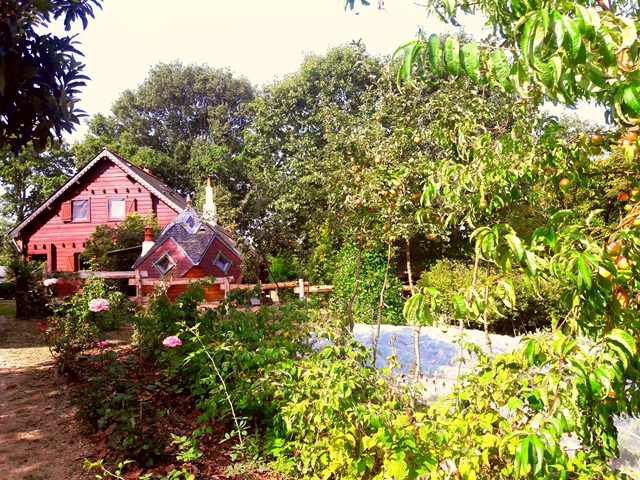
The major strength of Pour une autre PAC is the common mobilization of dozens of associations, federations and syndicates, with various interests, around a common and specific goal: pushing for a positive reform of the CAP. There is no other such organization or structure in France working on the CAP.
Pour une autre PAC gathers around some thirty member organizations, structured in four categories. All work at national level and demonstrate a direct link between their domain of activity and the CAP.
- Farmer’s Organizations:
- Confédération paysanne – member of European Coordination Via Campesina
- Fédérations des Associations pour le développement de l’emploi agricole et rural
- Fédération Nationale pour l’Agriculture Biologique – member of IFOAM Europe
- Mouvement rural de jeunesse chrétienne
- Réseau CIVAM (Centres d’Initiatives pour Valoriser l’Agriculture et Milieu rural)
- Terre de Liens – member of Access to Land
- Terre et Humanisme
- Union Nationale de l’Apiculture Française
- Environmental and Animal Welfare Organizations:
- Agir pour l’environnement
- Compassion In World Farming France
- Fédération des Conservatoires d’Espaces Naturels
- Fédération des Parcs Naturels Régionaux – member of Europarc Federation
- Fondation pour la Nature et l’Homme
- France Nature Environnement – member of the European Environmental Bureau
- Générations futures
- Greenpeace
- Ligue pour la Protection des Oiseaux – member of Birdlife
- Réseau Action Climat – member of Climate Action Network Europe
- WWF
- International Solidarity Organizations:
- Peuples solidaires – member of ActionAid
- Agter – member of Concord Europe
- Association pour la taxation des transactions financières et pour l’action citoyenne – member of the European Attac Network
- Comité Français pour la Solidarité Internationale – member of Concord Europe
- Ingénieurs sans Frontières Agrista – member of Concord Europe
- SOL – member of Concord Europe
- Citizens and Consumers Organizations:
- Bio Consom’acteurs
- Chrétiens dans le monde rural
- Commerce équitable France – member of World Fair Trade Organization Europe
- Miramap (community-supported agriculture)
- Slow Food
How long has it been running?
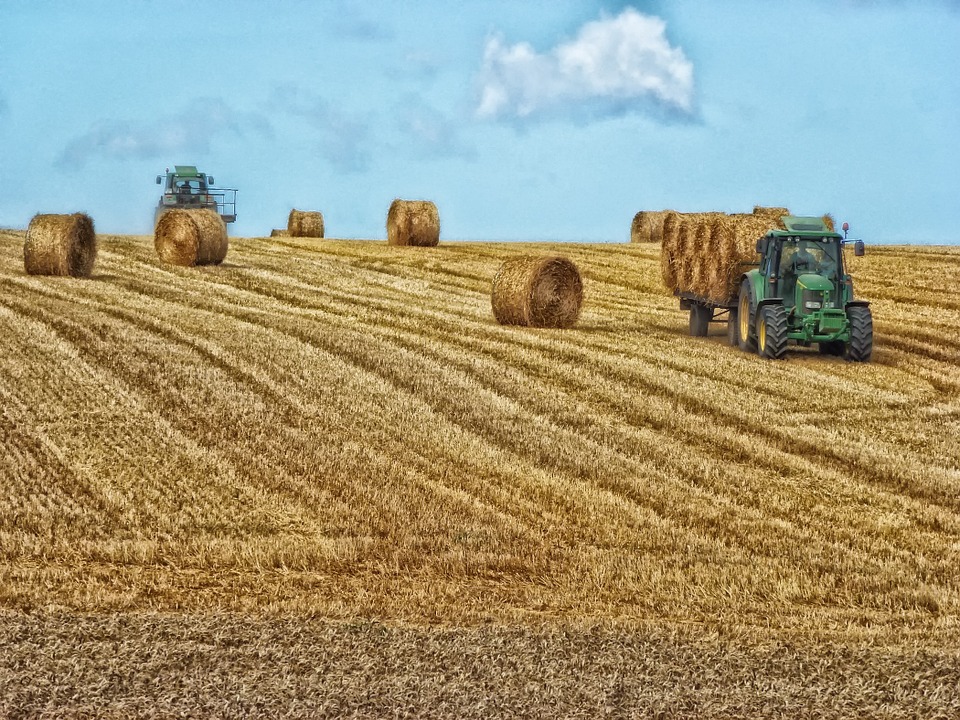 Born as the last reform of the Common Agricultural Policy (CAP) was underway, Pour une autre PAC was constituted in 2007. Up until 2013, the platform gathered up to 25 French organizations, with concerns ranging from agriculture and environment protection to international solidarity and rural movements. It has progressively come to being acknowledged by French authorities as well as the various French and European institutions involved, as a qualified interlocutor.
Born as the last reform of the Common Agricultural Policy (CAP) was underway, Pour une autre PAC was constituted in 2007. Up until 2013, the platform gathered up to 25 French organizations, with concerns ranging from agriculture and environment protection to international solidarity and rural movements. It has progressively come to being acknowledged by French authorities as well as the various French and European institutions involved, as a qualified interlocutor.
From 2014 onwards, the activity dynamic of the platform slowed down as the negotiations in view of the next CAP were completing. As the decision process ended, the foundations that had provided financial support since 2008 could not continue to do so as no clear new purpose existed to mobilize actors within civil society at that specific time. The coordination of the platform was carried on voluntarily in 2015 and 2016, but much less actively than before.
In 2017, an attempt to revive the platform was launched with the financial support of a foundation. The task set for this transitory phase was first to define the goals the new platform should set itself for the years to come, as well as the means to reach them, and to constitute files and requests for subsidies to be sent to various foundations. The transitory phase also saw the launching of the first works linked to the CAP. this included analysis of the responses the members gave to the European Commission’s public consultation, meetings with the French ministries administrations, initiation of a cooperation scheme with European partners, and other activities.
So what’s next?
During this revival stage of the platform, an evaluation of the previous mobilization campaign (2007-2014) was carried out. From there four recommendations were set forth to improve the cohesion, efficacy and acknowledgment of Pour une autre PAC in the future:
- Targeting lobbying on France’s positions;
- Taking part in a multilateral dynamic on the European scale;
- Investing the field of civil society and raising awareness;
- Clarifying each and everyone’s role within the platform;
- Gathering increased human and financial means.
Learning from these lessons, the project of relaunching the Pour une autre PAC platform aims at answering three major needs: (1) That of reinforcing the dialogue between representatives of French and European civil society, (2) That of a common mobilization of actors pushing for a change of paradigm in the food and agricultural policies and (3) That of a joint action in political lobbying and civil society mobilization.
In coherence with these clearly identified needs, the 2017 relaunching offers several innovations when compared to the previous 2007-2013 platform:
- A widening of the stakes integrated into the CAP: the systemic approach that Pour une autre Pac puts forth for the reform of the CAP has parted from the way French and European public policies have traditionally been framed over the past decades. Additionally, if environmental, budgetary, rural and territorial issues, alongside agricultural issues, already were taken into account before in Pour une autre PAC’s demands, the platform’s members have deemed fit to widen the topics of concern to food and public health issues, as well as animal welfare, international trade issues and the social dimensions of the stakes linked to the CAP.
- Establishing a participative governance scheme for an inter-association group: the platform is structured around well-defined bodies and rules and has a clear functioning mechanism in which every member, regardless of size and means, can get involved in proportion to its own capacities. The platform thus relies on principles of transparency and consensual agreement. Besides, the added value of messages and actions carried out together, as opposed to a sum of individual initiatives, lies in the consensus reached: the platform is a sign that the positions defended have a wide support from French civil society, due to the number of people and variety of interests and expertise represented. This common mobilization has the advantage of presenting both citizens and policy makers with “ready-to-use”, fully integrated policy solutions, more easily integrated into official texts.
- Increased power of citizen mobilization: among the fields Pour une autre PAC is involved in, citizens mobilization campaigns are to take up more and more importance when compared to previously both in terms of the time dedicated to these actions, and in terms of the ambitions and goals pursued.

Part 2 will present the platform’s position on the French Ministry of Agriculture’s stance and on the current CAP Communication and process of reform.
Biography
 Aurélie Catallo has been hired as the coordinator of the platform Pour une autre PAC since December 2017. During the previous nine months, she was already in charge of the project of revival of the platform. Prior to that, she worked during two years for the French ministry of agriculture, and more precisely, for its regional direction in Île-de-France. Aurélie Catallo graduated with a double-degree MS in European affairs at both Sciences Po Lille and Westfälische Wilhems-Universität münster (Germany). She also holds an advanced master in sustainable agriculture and rural development public policies from AgroParisTech.
Aurélie Catallo has been hired as the coordinator of the platform Pour une autre PAC since December 2017. During the previous nine months, she was already in charge of the project of revival of the platform. Prior to that, she worked during two years for the French ministry of agriculture, and more precisely, for its regional direction in Île-de-France. Aurélie Catallo graduated with a double-degree MS in European affairs at both Sciences Po Lille and Westfälische Wilhems-Universität münster (Germany). She also holds an advanced master in sustainable agriculture and rural development public policies from AgroParisTech.

